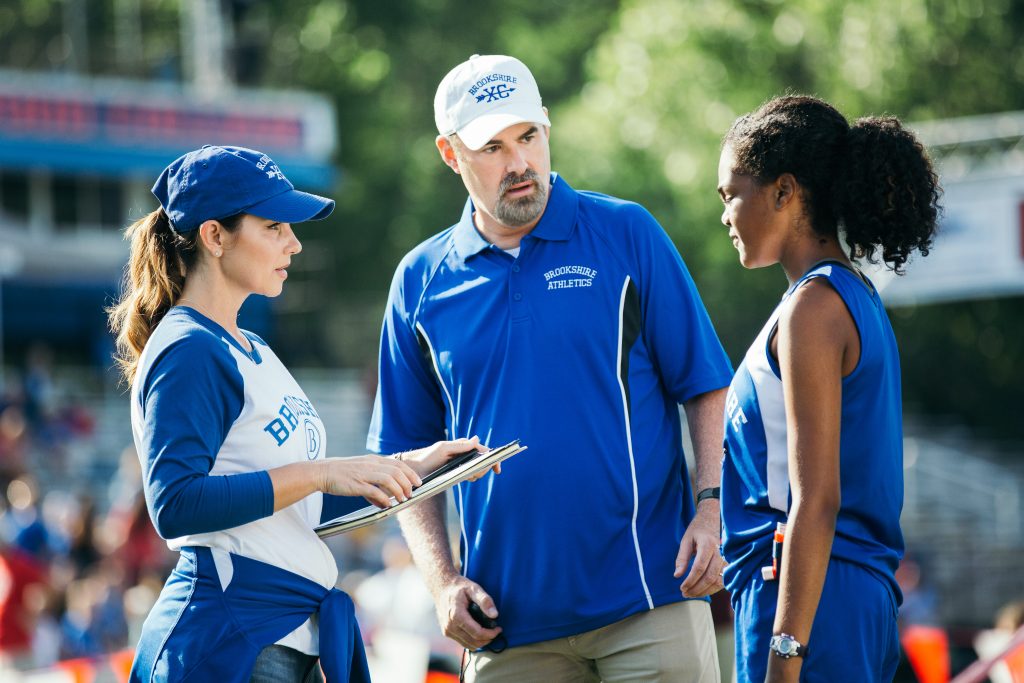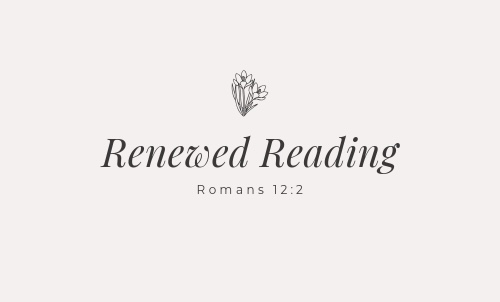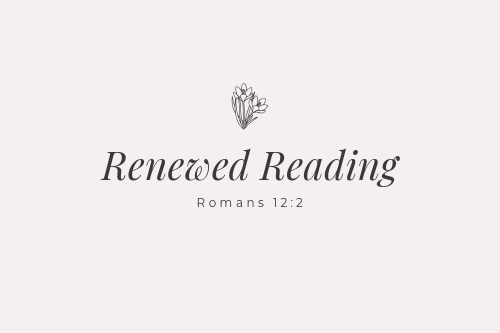Racial diversity is one of the numerous features a student may look for in a campus, but it is difficult to quantify a campus’ attitudes towards racial unity. Do numbers alone speak for the campus? Or should the college’s attitudes toward different cultures speak louder than the number of ethnic students alone? With race being such an agitated subject in modern day America, Ouachita should provide a Godly perspective on how he created us so that we may honor his creation through racial unity.
God did not create our differences just so that we could do away with them. It is God’s plan for us to come from diverse ways of life, so that we may join as brothers and sisters in Christ to form God’s kingdom. These two concepts are not mutually exclusive – we can all be children of Christ and also exceedingly different. Racial unity does not call for the erasure of race as a whole. Rather, it calls for the erasure of the concept that not all of us are fully people. We are all created in the image of God, no matter the color of our skin tone or the country we are born in. A Professor of the New Testament at Emory University quoted this in his study on the integration of different races in the university: “I bow only to God, but God is in all things so I bow to God who is in you” (Barnett 206). To promote racial unity on our campus, we must see one another as God’s divine creation and therefore utterly precious beings. We must not erase the differences between us, but instead celebrate the singular Father who unites us all into one family in Christ.
How do we value one another and promote racial unity on campus? Some view racial diversity as a numbers game, where only percentages and statistics matter. Nicholas Bowman, professor at the University of Iowa, once published that “the key assumption of diversity… is that the increased representation of students of color… will lead to more frequent interactions among students from [different groups]” (Bowman 133). Although this is logical, numbers alone will not promote racial unity. A college can have a variety of races on campus and still battle racial prejudice. Rather, our college can achieve racial unity by treating one another as God has treated us: with respect, love, and admiration.
The virtue of kindness changes everything. God loves his creation, and so by loving God we should follow in his footsteps and love one another as his creation. Our cultural differences are a thing to celebrate, not a thing to discard and assimilate into general society. By looking towards God’s love for all, Ouachita can become a more racially unified campus.
By Brianna Taylor, guest writer






